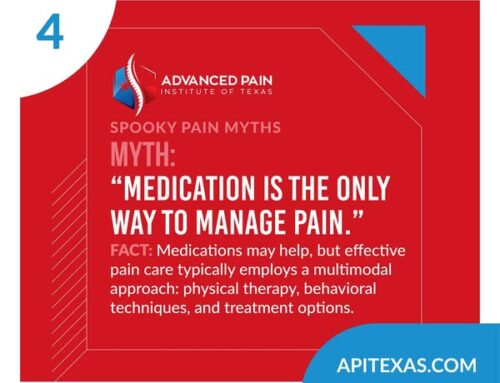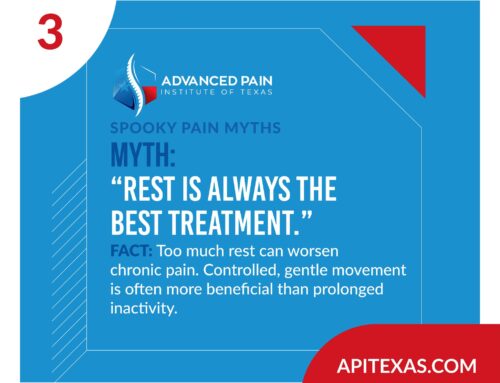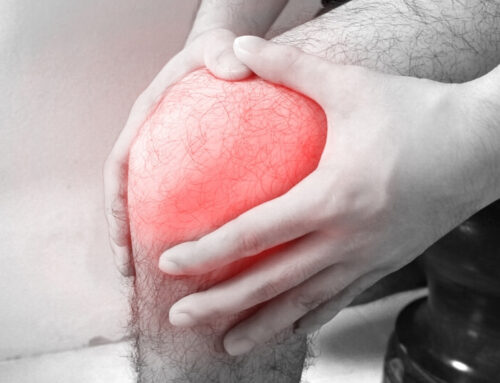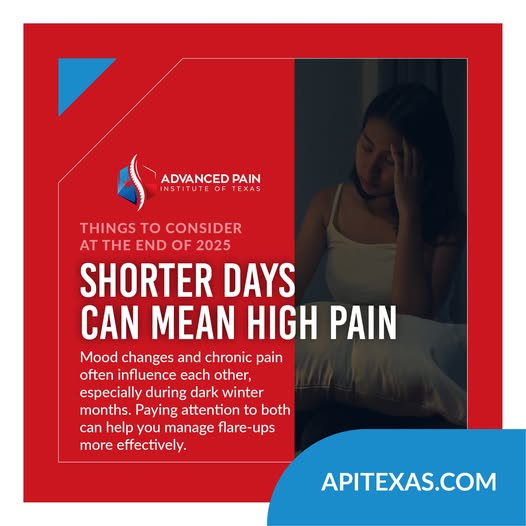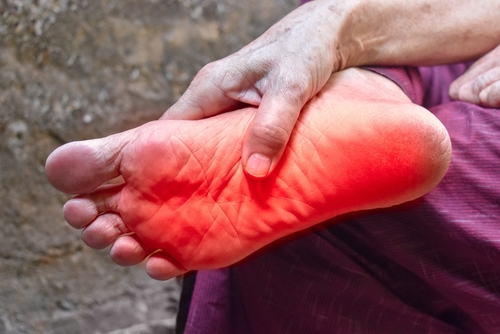
Navigating Neuropathic Pain: Strategies for Relief in Denton County
Understanding Neuropathic Pain
Neuropathic pain is like a faulty electrical circuit in your body. Unlike normal pain, which is a response to injury or illness, neuropathic pain occurs when nerves misfire, sending false signals to the brain. It’s often described as burning, tingling, or shooting sensations.
Causes and Triggers
What can trigger these misfiring nerves? Injuries, infections, diabetes, and conditions like multiple sclerosis can all play a role. Sometimes, there’s no clear cause at all. Understanding your triggers is crucial for managing neuropathic pain effectively.
The Impact on Daily Life
Imagine trying to go about your day with a constant buzzing in the background. Neuropathic pain can disrupt sleep, make it hard to concentrate, and even affect your mood. It’s not just physical; it takes a toll on your overall well-being.
Seeking Professional Help
Don’t suffer in silence. If you’re struggling with neuropathic pain, it’s essential to seek professional help. Start by talking to your primary care physician, who can refer you to specialists like neurologists or pain management doctors.
Treatment Options
Medications, therapies, lifestyle changes—there’s no one-size-fits-all approach to treating neuropathic pain. It often takes a combination of strategies to find relief. Let’s explore some options.
Medications
From antidepressants to anticonvulsants, there are several medications that can help calm overactive nerves. Your doctor will work with you to find the right balance of medication to manage your symptoms effectively.
Lifestyle Modifications
Simple changes like regular exercise, healthy eating, and stress management can make a big difference in managing neuropathic pain. Think of it as giving your nervous system the support it needs to function optimally.
Innovative Therapies Offered by Advanced Pain Institute
In Denton County, residents have access to cutting-edge treatments for neuropathic pain at the Advanced Pain Institute. From nerve blocks to neurostimulation, these innovative therapies target the source of the pain, providing long-lasting relief.
Support Systems and Community Resources
Living with neuropathic pain can feel isolating, but you’re not alone. Denton County offers a range of support groups and community resources where you can connect with others who understand what you’re going through.
Self-Care Strategies
Taking care of yourself isn’t selfish—it’s essential for managing neuropathic pain. Prioritize sleep, practice relaxation techniques, and listen to your body. Small acts of self-care can add up to significant improvements in your quality of life.
Conclusion
Living with neuropathic pain can be challenging, but it’s not insurmountable. By understanding your condition, seeking professional help, and exploring treatment options, you can find relief and reclaim your life. Remember, you don’t have to navigate this journey alone.
FAQs
1. What are the common causes of neuropathic pain?
Neuropathic pain can be caused by injuries, infections, diabetes, and conditions like multiple sclerosis.
2. How is neuropathic pain diagnosed?
Diagnosis often involves a thorough medical history, physical examination, and sometimes nerve conduction studies or MRI scans.
3. Are there any natural remedies for neuropathic pain?
While natural remedies like herbal supplements or acupuncture may offer some relief for neuropathic pain, it’s essential to discuss these options with your healthcare provider before trying them.
4. Can neuropathic pain be cured?
While there may not be a cure for neuropathic pain, it can often be managed effectively with medications, therapies, and lifestyle changes.
5. How can I find a specialist for neuropathic pain in Denton County?
Start by talking to your primary care physician, who can refer you to specialists like neurologists or pain management doctors in Denton County.
Share this article
Follow us
A quick overview of the topics covered in this article.

